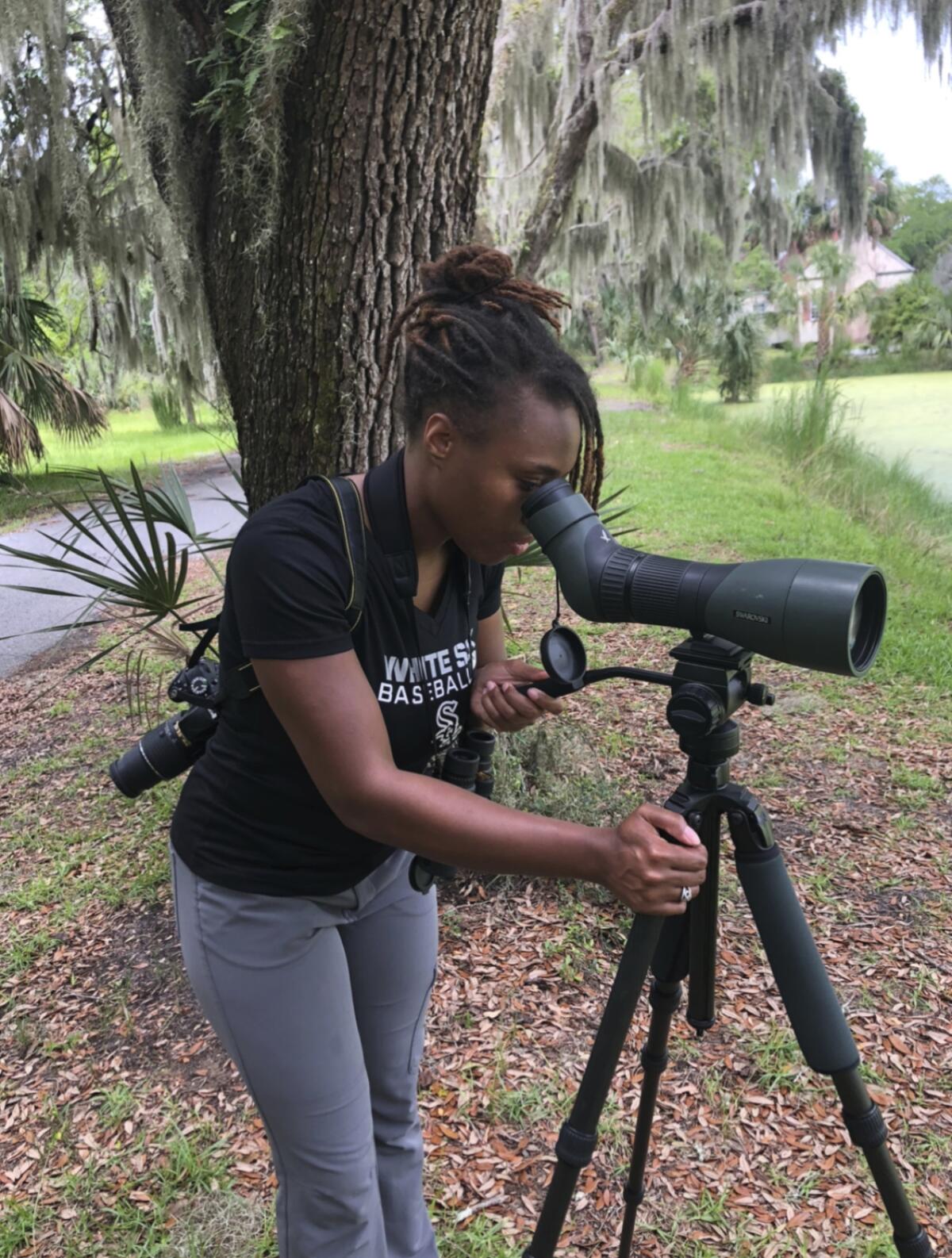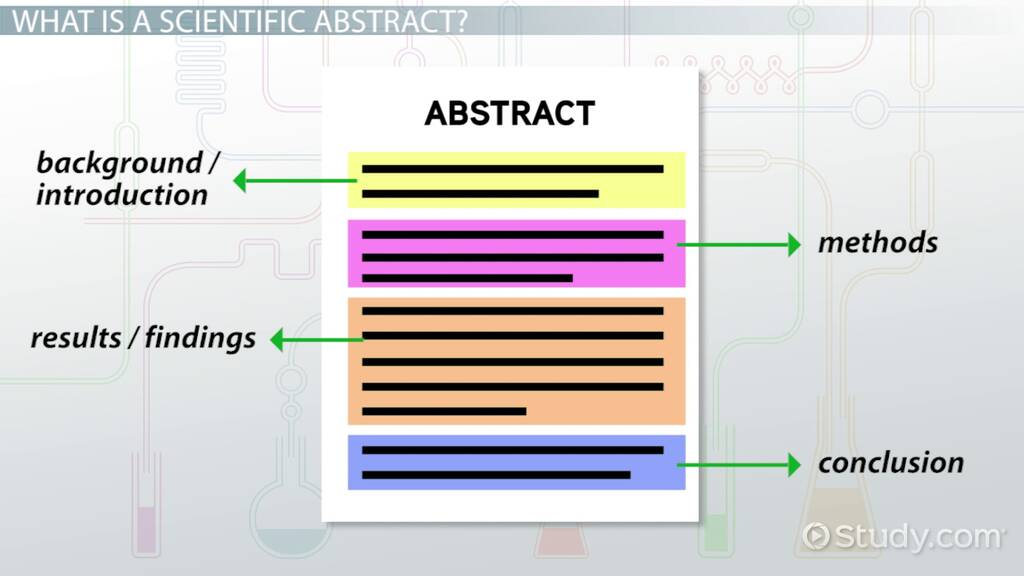NEW: The 2023-2025 Digital Yearbook is Now LIVE!
EXPLORE NOW

Back to All Resources
Learn to craft an effective statement of purpose that demonstrates your academic goals, research interests, and fit for graduate programs.
Your statement of purpose is your opportunity to convince admissions committees of your academic potential and research alignment. Here's how to create a compelling narrative.
Key Differences from Personal Statement
The statement of purpose focuses on:
• Academic achievements
• Research experience
• Scholarly interests
• Career objectives
• Program fit
• Future contributions to the field
Essential Components
1. Academic Background
▪ Relevant coursework
▪ Research experience
▪ Technical skills
▪ Academic achievements
2. Research Interests
▪ Specific areas of study
▪ Potential projects
▪ Faculty alignment
▪ Department resources
3. Professional Goals
▪ Short-term objectives
▪ Long-term aspirations
▪ Career trajectory
▪ Industry impact
Writing Guidelines
Explore these authoritative resources:
• UC Berkeley Graduate Division Guide - Offers detailed formatting and content requirements
• Cornell Graduate School Guide - Provides comprehensive writing strategies and examples
Structure Your Statement
Introduction:
• Hook the reader
• State your purpose
• Preview main points
Body Paragraphs:
• Academic preparation
• Research experience
• Future research plans
• Program fit
Conclusion:
• Summarize qualifications
• Reinforce program fit
• Express enthusiasm
Best Practices
1. Research the Program
▪ Faculty interests
▪ Department strengths
▪ Research facilities
▪ Special programs
2. Be Specific
▪ Name faculty members
▪ Reference current research
▪ Mention specific resources
▪ Discuss unique opportunities
3. Show Your Fit
▪ Align with program goals
▪ Reference department initiatives
▪ Connect to faculty research
▪ Highlight unique contributions
Common Pitfalls
Avoid:
• Personal anecdotes
• Emotional appeals
• Vague statements
• Generic language
• Technical jargon
• Repetitive information
Final Review Checklist
Verify:
• Clear research focus
• Specific examples
• Faculty alignment
• Program fit
• Professional tone
• Proper formatting
• Error-free writing







